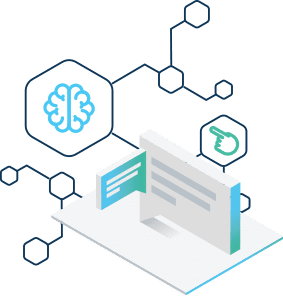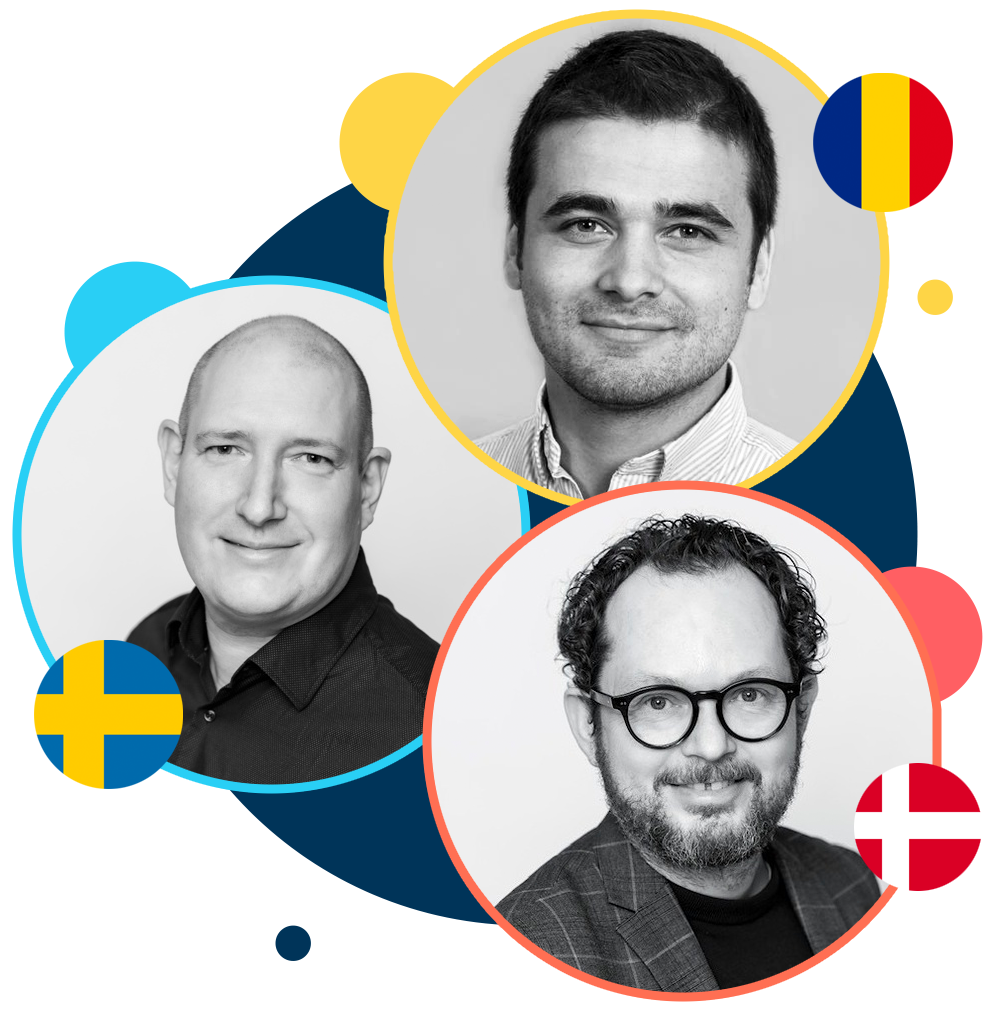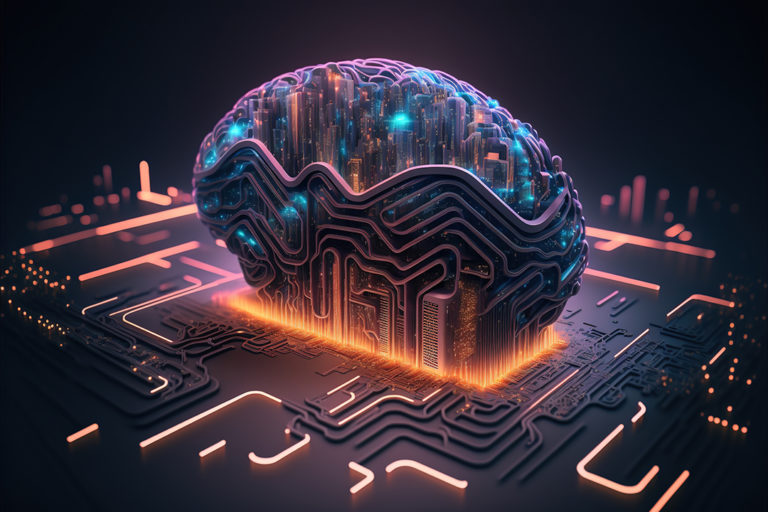What is Artificial Intelligence?

An increasing number of businesses are adopting new, advanced services that utilize artificial intelligence (AI). But what exactly is AI? And how can and will AI affect your industry, employees and customers?
Artificial Intelligence refers to the theory and development of computer systems that can perform tasks that typically require human intelligence. In other words, AI involves transferring some of the capabilities we traditionally associate with humans to machines in a satisfactory manner.
These human capabilities currently include decision-making, visual perception, speech recognition, natural language processing and communication. Additionally, the ability to learn new things, abstract or infer new knowledge based on existing information, and various other challenges are crucial in the development of artificial intelligence. Furthermore, it is desirable for machines to possess the ability to differentiate between right and wrong, act ethically, and avoid discrimination.
How and for what can AI be used?
AI can be used in various ways and for different purposes. The development of AI is progressing so rapidly that few can fully grasp how AI will be used in the future. In a functional perspective, where artificial intelligence is applied in an industrial or practical context, AI has been used to solve predefined problems and tasks.
Truly complex situations arise when artificial intelligence also needs to improve over time and consider contextual factors outside the defined problem.
Humans constantly take into account contextual and situational factors when communicating with each other. The goal is to enable machines to do the same. If a machine fails to consider contextual factors, humans will realize that they are not interacting with another human. Therefore, the ultimate goal is achieved when a human communicates with a machine without realizing it’s a machine. The recent advancements in large language models, such as the one used in ChatGPT, represent a leap forward in this development because the machine can convey information and interpret requests using natural language.
How can you implement AI in your business?
One significant advantage of AI is the ability to delegate routine tasks to machines, freeing up capacity for tasks that require human skills and empathy. With labor shortages in both the public and private sectors, it is crucial to streamline operations and use expertise wisely. In the future, many will have AI as a colleague. For many organizations, artificial intelligence will optimize existing processes and tasks and may even enable them to accomplish things they cannot achieve today.
It is evident that companies that fall behind in adopting AI will lose in competition against those who succeed in implementing it effectively.
Applied Artificial Intelligence
There is no denying that the application of artificial intelligence becomes more complex as soon as it moves from a simple demonstration of its functionality to being a component in a production solution. This involves streamlining and operationalizing IT solutions and integrations between them.
Computas has the combination of extensive experience in system and application development and an expert team with specialized knowledge in the application of AI. We also have a solid understanding and experience in related fields that are necessary to use AI technology in a secure and ethically responsible manner.

Get started with AI Discovery Workshop
Curious about the impact AI can have on your business? In this creative workshop, we will explore your company’s goals and needs and connect them with opportunities in technology. The workshop can be conducted over a full or half day and can be tailored to focus on areas such as efficiency, automation, innovation, and more. After the workshop, you will receive a report with recommendations on the steps your business can take in both the short and long term.
Want to know more?
Please fill out our contact form




